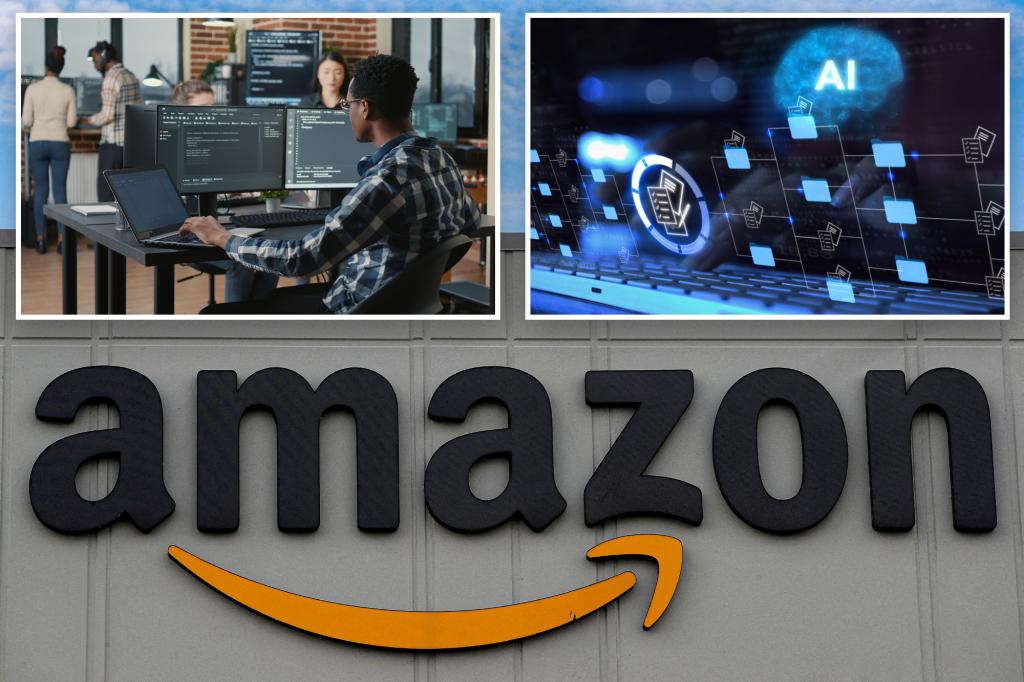
As artificial intelligence continues to transform industries, software engineers are encountering increasing pressure to integrate and use AI technologies in their daily workflows—despite its use being technically optional. According to interviews conducted by the New York Times, engineers describe a growing cultural shift in the tech industry where AI proficiency is becoming an unspoken requirement for professional relevance and career progression.
Many engineers, especially those working at major tech firms and startups, have reported that while managers and corporate policies do not legally mandate AI utilization, the workplace culture strongly encourages it. This pressure is driven by the perception that AI tools—such as code-generation assistants or automated debugging systems—can significantly increase productivity. As a result, professionals who do not adopt these tools may be viewed as inefficient or less competitive compared to their colleagues utilizing AI.
The transformation is reflective of a larger trend in the tech sector, where artificial intelligence is rapidly becoming embedded in routine engineering practices. Engineers note that job descriptions now frequently include familiarity with AI tools, signaling institutional expectations. Some have expressed concern that those who take a more cautious or traditional approach to software engineering may inadvertently hinder their career development.
Beyond productivity and competition, there are also concerns about transparency and understanding. Engineers worry that over-reliance on AI could undermine foundational knowledge and lead to issues in debugging or maintaining code produced with minimal human oversight.
The pressure to adopt AI comes amid broader debates about the ethical use, limitations, and long-term implications of artificial intelligence in the workplace. While many embrace the benefits of increased efficiency and innovation, others caution that unchecked AI adoption could marginalize professionals who are less tech-savvy or who have valid reasons for preferring manual methods.
In conclusion, while AI remains an optional tool in formal terms, the reality on the ground tells a different story. For many engineers, using AI is quickly becoming essential—not just for getting the job done faster, but for staying competitive in a rapidly evolving industry.
Source: https:// – Courtesy of the original publisher.








